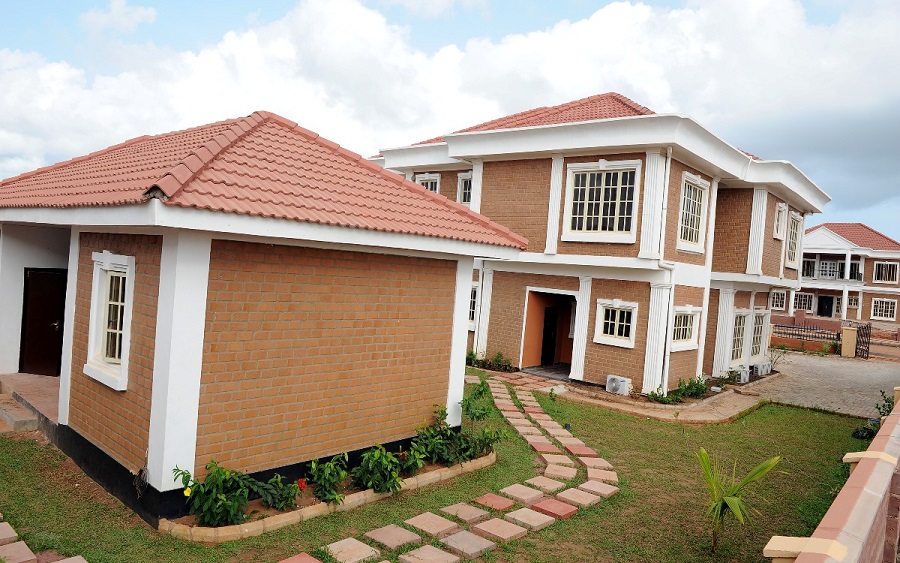The Nigerian real estate industry is witnessing a digital revolution. Among the companies driving this growth is Property Estimator, an online AVM (automated valuation model) recently launched by OneSquareMetre, a real estate innovation company.
The platform seeks to improve transparency, consistency and accuracy in the valuation of property, a sector criticised for its lack of standardised methods and limited access to reliable data.
Property valuation through technology
With the introduction of the Property Estimator, property owners, investors and valuers can now operate on a common platform where data drives decision-making. This signals a major shift in the country’s valuation practice, combining technology and professionalism to build a system grounded in trust and accountability.
The platform addresses two longstanding issues in the valuation process–data inconsistency and methodological differences. By standardising valuation processes and requesting users to input verifiable data, the platform creates a uniform model for valuations.
It also clarifies the rationale behind pricing for clients, bridging the age-old communication gap between clients and valuers. In a country where the value of property often determines compensation, mortgage and investment, this innovation could not have come at a better time.
Government-led digitisation efforts
This digital transformation goes beyond private innovation. The Lagos State Land Bureau, for instance, has been computerising land documents and establishing an electronic Certificate of Occupancy (e-C of O) system to reduce fraud and accelerate property verification.
The electronic record system makes it easier for valuers and buyers to get verified information, thereby ensuring valuations are carried out based on authentic data.
Similarly, in Abuja, the Federal Capital Development Authority (FCDA) has integrated Geographic Information Systems (GIS) into land administration to allow surveyors and valuers to map and analyse land data accurately for private and public developments.
Private sector operators are also embracing innovation. Firms such as Estate Intel and BuyLetLive have begun offering data-backed intelligence on Nigeria’s property market, offering investors and professionals analytics on rental trends, property values and occupancy rates.
The firms collate data from trusted sources and put them into user-friendly formats, enabling valuers and investors to make more informed decisions. Together, these tools are shaping a culture of evidence-driven valuation and investment.
Banks are also pivotal in this movement. Many now engage technology companies to automate aspects of valuation for mortgage processing. For example, partnerships between fintechs and estate surveyors are allowing banks to verify properties faster.
This is reducing turnaround time and simplifying mortgage lending for customers. Such partnerships are majorly what OneSquareMetre sees: a digital ecosystem where valuers, institutions and customers work with the same transparent data.
The Property Estimator is not much of a software tool, as it is a manifestation of what is possible for the Nigerian real estate industry to achieve through innovation. By combining professional knowledge with digital intelligence, it offers a pathway to more credible, data-driven valuation practice that meets global standards and solves local problems.
Combined with other similar initiatives across the country—from land digitisation in Lagos and Abuja to the rise of data analytics platforms—Nigeria’s real estate market is gradually evolving into a smarter, more transparent marketplace.
This new wave of innovation is rendering valuation, which is becoming a transparent, affordable and credible exercise that showcases the true value of property in a modern Nigeria.
Summary not available at this time.






